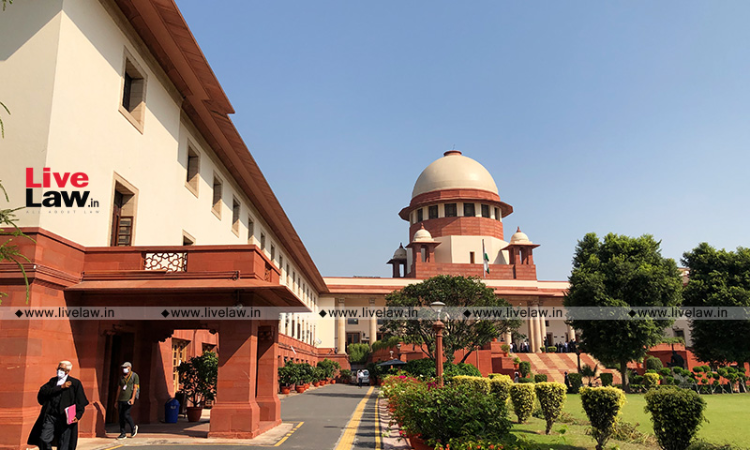The Supreme Court on Thursday started hearing arguments in petitions filed challenging the Foreign Contributions Regulation (Amendment) Act 2020 and Ministry of Home Affair's notification dated May 18, 2021 extending the date for compliance of specific provisions of the Act.A Bench comprising Justice Khanwilkar, Justice Dinesh Maheshwari and Justice CT Ravikumar heard arguments advanced by...

